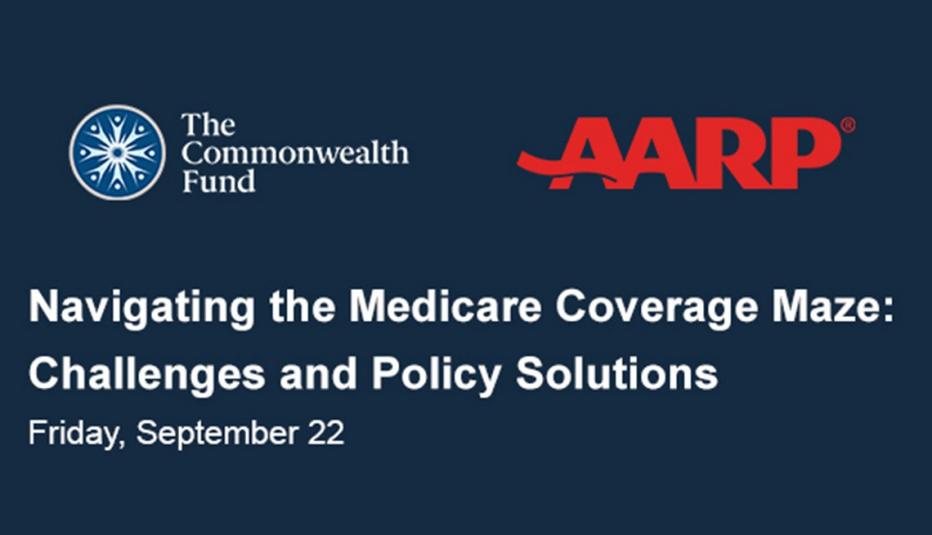AARP Hearing Center
Harriet Komisar, AARP Public Policy Institute
Olivia Dean, AARP Public Policy Institute
AARP Public Policy Institute
The Medicare program requires higher-income individuals to contribute more toward the cost of the program than other people. When enrolled in Medicare, people with incomes greater than $85,000 for an individual (or $170,000) for a couple) pay higher premiums—known as income-related premiums—for Medicare Part B (doctors’, other health care professionals’, and outpatient services) and Part D (prescription drug) coverage. Over time, the proportion of people with Medicare who pay income-related premiums for Medicare Part B and Part D has grown significantly. As workers, some higher-income individuals also pay a higher Medicare tax rate on their earnings.
MORE FROM AARP


Policy Options to Improve Older Adults’ Health Insurance Affordability
Despite gains in health coverage and affordability under the Affordable Care Act (ACA), a significant number of Americans remain uninsured, including millions of adults ages 50 to 64, and affordability and access barriers remain. Policymakers can pursue a wide range of options to improve access to affordable health coverage and reduce racial/ethnic and other disparities in coverage.




Navigating the Medicare Coverage Maze: Challenges and Policy Solutions
Speakers discussed new research on people’s experiences with Medicare marketing, what factors and information influence Medicare coverage choices, and potential policy opportunities to better support consumers during open enrollment.


































































